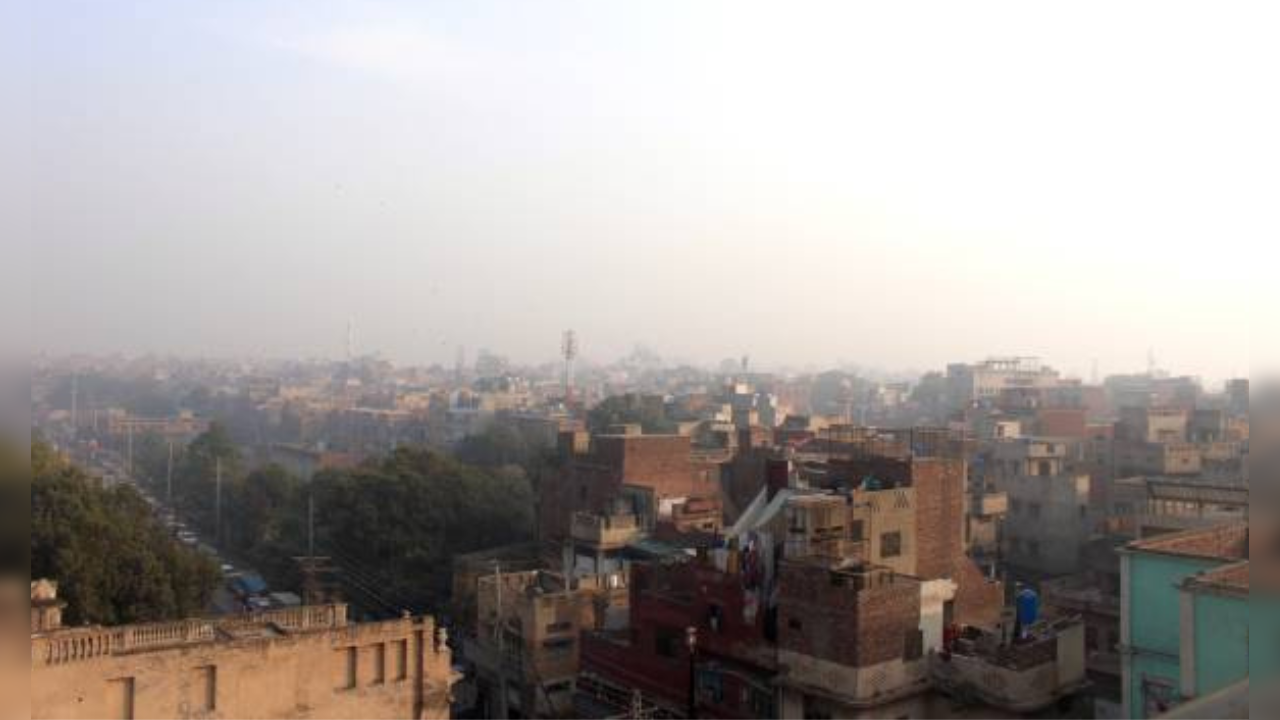
Representational Image
Photo : iStock
Mandi Gobindgarh: The city recorded the highest pollution levels in Punjab on Wednesday, with an alarming AQI of 322, classifying the air as “very poor.” On Thursday, the AQI got slightly better as it improved to ‘Poor’ at 211.
Amritsar, which likewise fell into the “very poor” category, was on second with an AQI of 310. While Delhi remained in the “severe” category with a concerning AQI of 418, Chandigarh recorded an AQI of 372 affecting public health and daily activities, reported The Times of India.
The air quality in Punjab’s other main cities was also severely affected. With AQI readings of 247, 220, and 216, respectively, cities including Patiala, Jalandhar, and Ludhiana reported “poor” levels. Despite having average air quality at 150, Bathinda still indicated health risks to vulnerable groups, reported Times of India.
Amritsar’s AQI increased from 220 to 310 and Mandi Gobindgarh’s from 259 to 322, indicating a worsening trend from the day before. The main causes of this drop in air quality were found to be industrial pollution, vehicle emissions, and stubble burning in agricultural areas, the report added.
Authorities as well as Health Officials recommended that reducing exposure during peak pollution hours can help minimise health risks, adding that special precaution should be practised by those with respiratory illnesses.
Get Latest News Live on Times Now along with Breaking News and Top Headlines from Chandigarh News, City and around the world.
